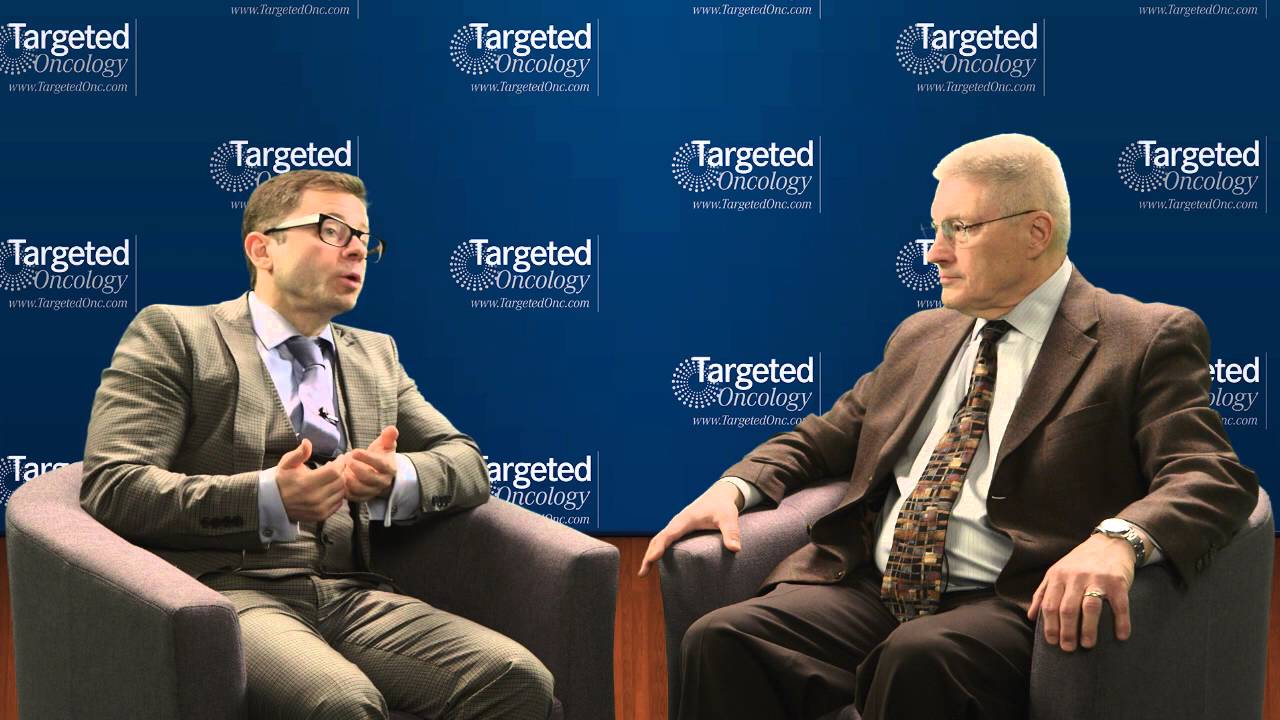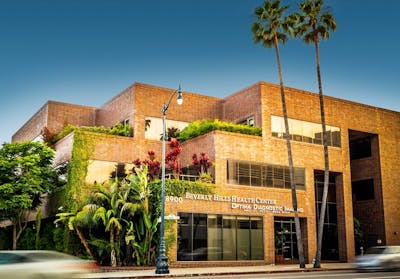Liquid biopsy to monitor cancer treatment
Liquid biopsy can ascertain the effectiveness of cancer treatment and help determine the best route to move forward in cancer treatments. Liquid biopsy is an effective tool for understanding and tracking the body’s response to ongoing treatment.
How does liquid biopsy work?
During liquid biopsy, the two components targeted are circulating tumor DNA (ctDNA) and intact circulating tumor cells (CTCs). Circulating tumor DNA tests allow our diagnosticians to analyze DNA from a tumor found in the bloodstream, whereas circulating tumor cells tests look for whole tumor cells found in the blood.





